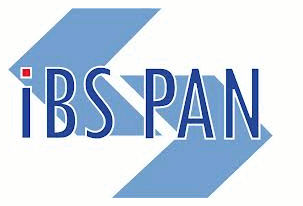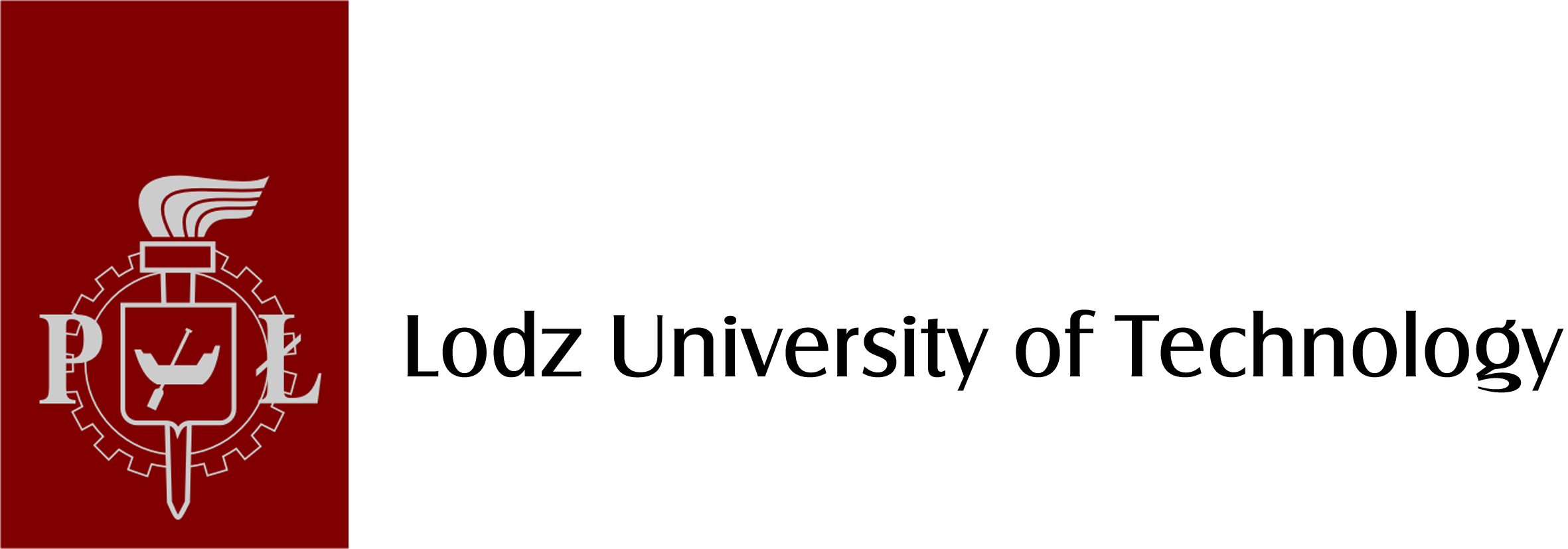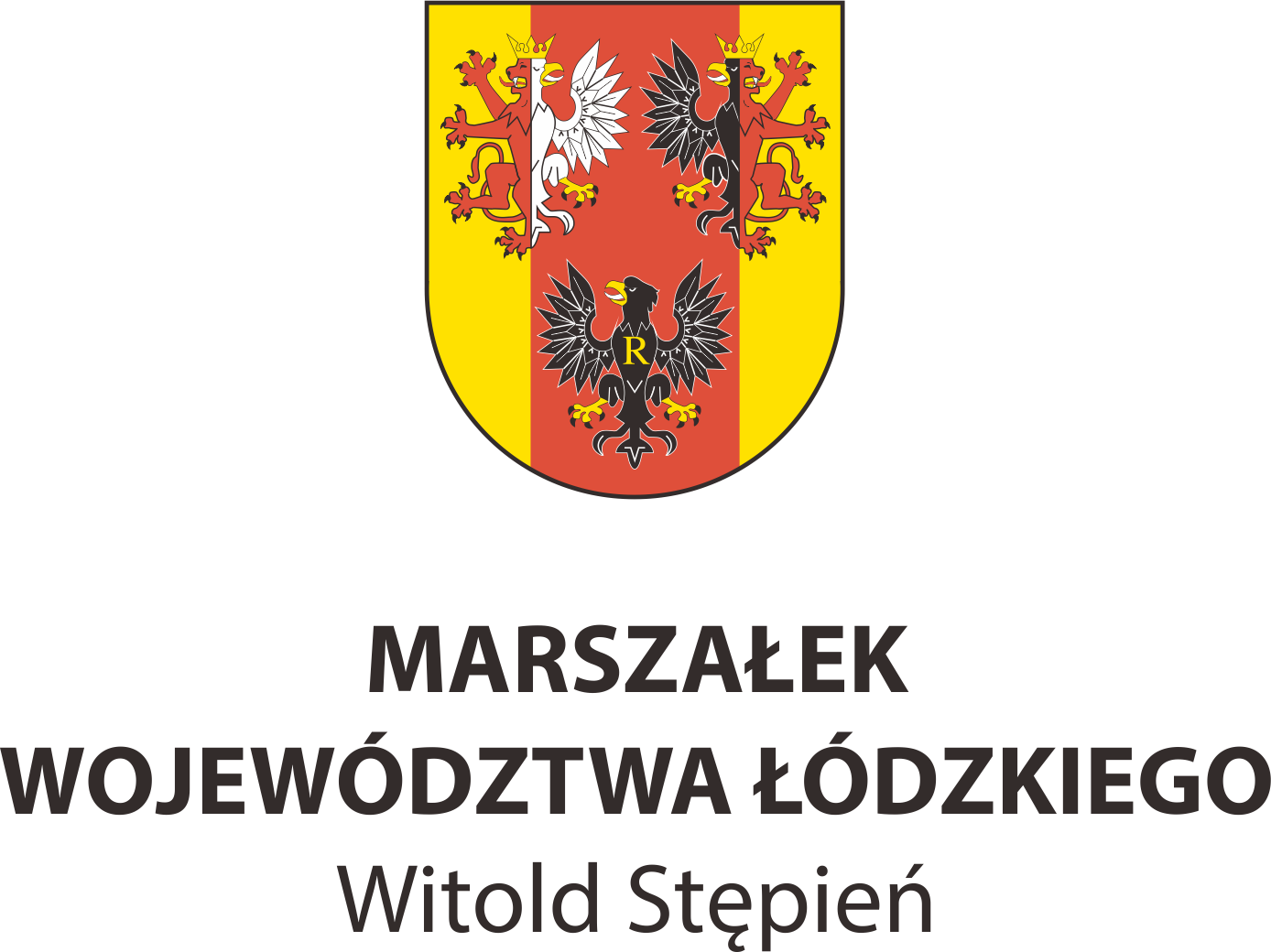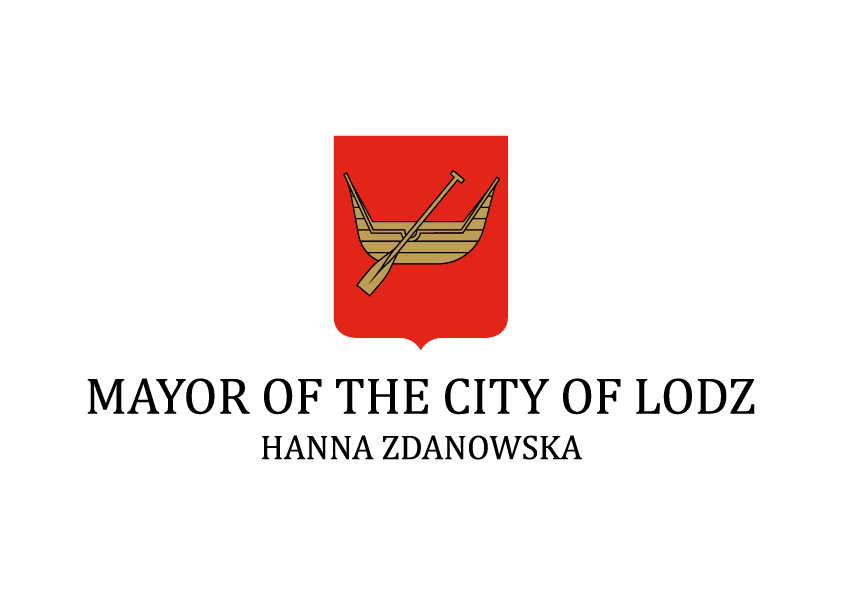Sunday, September 13th, 2015
| 09:00-10:50 | LQMR (room E104) |
| 09:00-09:50 | *Invited talk* Vague region-based geometry - Thomas Bittner |
| 09:50-10:20 | Spatial Rules for Capturing Qualitatively Equivalent Configurations in Sketch maps - Sahib Jan, Carl Schultz, Angela Schwering |
| 10:20-10:50 | Encoding Relative Orientation and Mereotopology Relations with Geometric Constraints in CLP(QS) - Carl Schultz, Mehul Bhatt |
| 11:10-13:00 | LQMR (room E104) |
| 11:10-12:00 | *Invited talk* Topological Logics of Euclidean Spaces - Ian Pratt-Hartmann |
| 12:00-12:30 | Parthood and Convexity as the Basic Notions of a Theory of Space - Klaus Robering |
| 12:30-13:00 | A Framework for Constructing Correct Qualitative Representations of Geometries using Mereology over Bintrees - Leif Harald Karlsen, Martin Giese |
| 14:00-15:50 | LQMR (room E104) |
| 14:00-14:50 | *Invited talk* Three Frontiers for Qualitative Reasoning - Kenneth Forbus |
| 14:50-15:20 | On (in)Validity of Aristotle's Syllogisms Relying on Rough Sets - Tamás Kádek, Tamás Mihálydeák |
| 15:20-15:50 | Using Mathematical Modeling as an Example of Qualitative Reasoning in Metaphysics. A Note on a Defense of the Theory of Ideas - Bartłomiej Skowron |
| 16:10-17:30 | LQMR (room E104) |
| 16:10-17:00 | *Invited talk* Learning qualitative models - Ivan Bratko |
| 17:00-17:30 | A Qualitative Model for Reasoning about 3D Objects using Depth and Different Perspectives - Zoe Falomir |
Thomas Bittner Vague region-based geometry
A vague mereo-geometry is presented which combines a crisp region-based geometry with a theory of vague size predicates in a supervaluation-based formal framework. In the object language of the axiomatic theory, logical and semantic properties of vague distance predicates that are context- and domain-independent are formalized. Context and domain-dependent aspects are addressed in the meta-language of the theory by incorporating context- and domain-specific restrictions on the canonical interpretations. This allows to relate the ontological and qualitative analysis in the object language to numeric values as they are commonly used in scientific discourses.
Ian Pratt-Hartmann Topological Logics of Euclidean Spaces
We consider the quantifier-free languages, Bc and Bc0, obtained by augmenting the signature of Boolean algebras with a unary predicate representing, respectively, the property of being connected, and the property of having a connected interior. These languages are interpreted over the regular closed sets of Euclidean space and, additionally, over the regular closed polyhedral sets of Euclidean space. The resulting logics are examples of formalisms that have recently been proposed in the Artificial Intelligence literature under the rubric "Qualitative Spatial Reasoning". I shall explain, in broad outline, why the satisfiability problem for Bc is undecidable over the regular closed polyhedra in all dimensions greater than 1, and why the satisfiability problem for both languages is undecidable over both the regular closed sets and the regular closed polyhedra (polygons) in the Euclidean plane. I shall present a contrasting result, however: the satisfiability problem for Bc0 is NP-complete over the regular closed sets in all dimensions greater than 2, while the corresponding problem for the regular closed polyhedra is ExpTime-complete. These facts indicate that Qualitative Spatial Reasoning is harder than its early proponents conceivably envisaged.
Kenneth Forbus Three Frontiers for Qualitative Reasoning
Qualitative reasoning is often viewed as a form of simulation. This talk will argue that there are many other ways of using qualitative reasoning that are also important for understanding human cognition and for building cognitive systems that more closely approach human performance. Three frontiers will be described: (1) Using qualitative representations for high-level visual processing. This will be illustrated by CogSketch, which automatically constructs hierarchical qualitative representations from digital ink and uses analogical reasoning to achieve human-level performance on several visual reasoning tasks. (2) Using qualitative representations in natural language semantics. This will be illustrated by being able to provide advice to Companion cognitive systems in natural language. (3) Using qualitative representations to represent goals and strategic knowledge. This will be illustrated by strategies that improve a Companion’s game-playing performance.
Ivan Bratko Learning qualitative models
System models, either numerical or qualitative, are usually put together manually. This is however a demanding task, so it is desirable if it can be automated. In this talk, we consider approaches to building qualitative models automatically by machine learning from observed behaviours of the modelled system. Sometimes on-line learning is in fact not only desirable but necessary. For example, an autonomous robot’s environment may not be known before the robot executes its tasks. That is, the environment may not be known at the time the robot is programmed. A robot may have to learn a model of its environment, as well as a model of the robot itself to be able to predict the results of the robot’s actions and thus plan its tasks.
Some approaches to learning qualitative models from observed data will be discussed. Induced models can be expressed in various modelling formalisms, including: QSIM-type constraints, or logic, or if-then rules or decision trees with qualitative monotonicity constraints in the leaves. Such models can be used for qualitative simulation or for planning a robot’s task. The learning of qualitative models may also help a numerical model to produce simulations that are qualitatively faithful to the behaviours observed in the modelled system. We review representative qualitative learning systems and basic ideas behind these approaches.
Examples of applications of learning qualitative models with these approaches will also be presented, including: the modelling of ecological processes in the Lagoon of Venice and Lake Glumsoe, a mobile robot learning to manipulate objects by pushing, a wheel-tracked robot learning to climb obstacles, the reconstruction of a human operator’s control skill in controlling a crane or flying an aircraft, and reverse engineering of a system by observing its behaviour as a black box.








